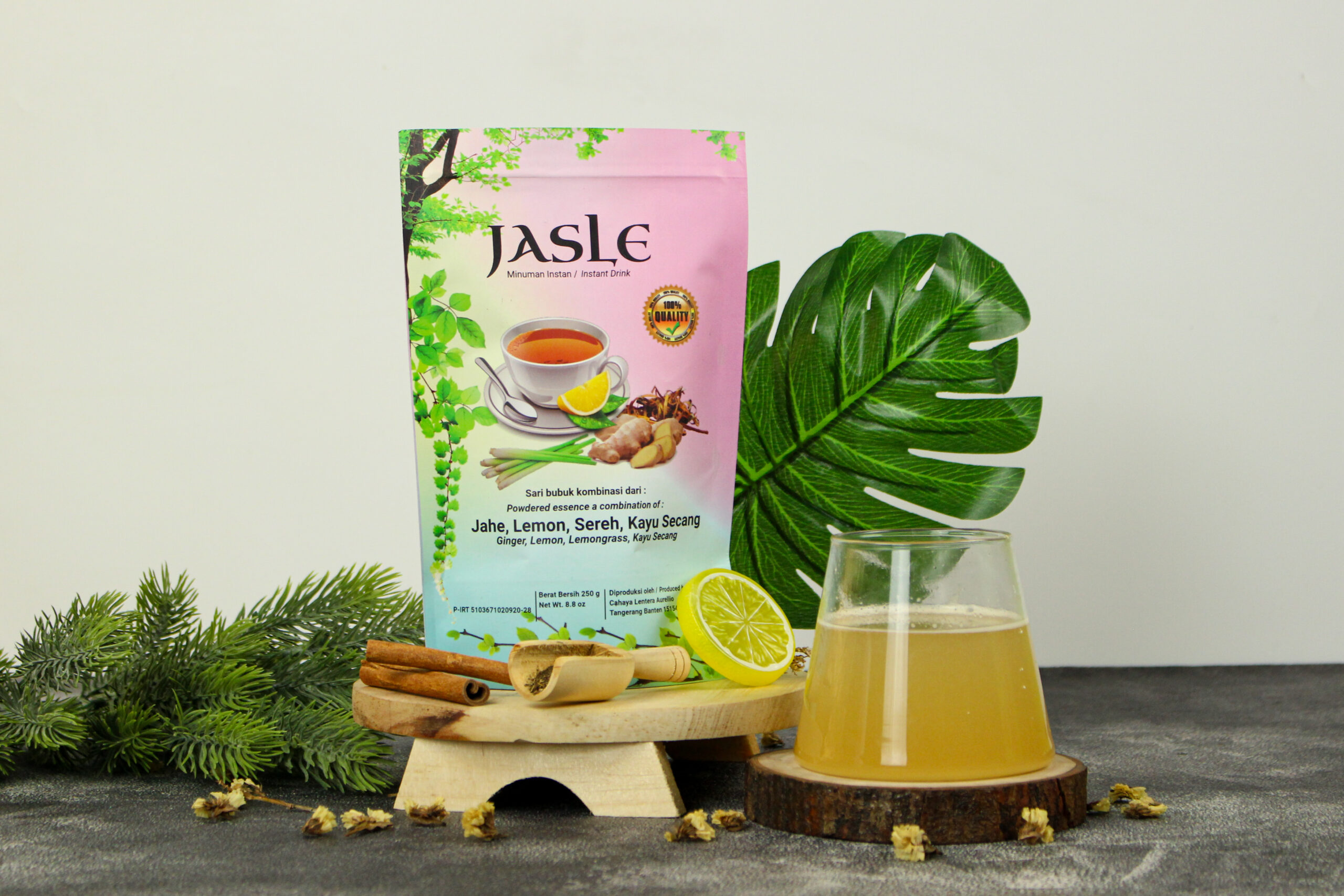LEMON: A Brief Overview
Lemon (Citrus limon) is a plant native to Southeast Asia (Manner et al, 2006). It first grew in India, North Burma, and China. In 1493, Christopher Columbus brought Citrus limon seeds to Hispaniola. The cultivation of Citrus limon began in Genoa in the mid-15th century. In the 18th and 19th centuries, Citrus limon was grown in Florida and California. Parts of the lemon plant commonly utilized include the fruit peel, flowers, leaves, and juice (Sauls, 1998).
Lemon trees (Citrus limon burm f.) are perennial plants with many branches and stems, reaching a maximum height of 10-15 feet (3-6 m). Citrus limon has spiny stems, long green leaves, oval-shaped white flowers with purple streaks, and round or oval fruits measuring 7-12 cm, with pointed ends. The bright yellow peel of Citrus limon sometimes has green or white lines and is approximately 6-10 mm thick. The flesh of the lemon is pale yellow, fuzzy, contains about 8-10 segments, is juicy, and tastes sour (Kristanto, 2013).
Plant Description:
Botanical classification of Citrus limon:
- Kingdom: Plantae
- Sub Kingdom: Tracheobionta
- Super Division: Spermatophyta
- Division: Magnoliophyta
- Class: Magnoliopsida-Dicotyledons
- Subclass: Rosidae
- Order: Sapindales
- Family: Rutaceae
- Genus: Citrus
- Species: Citrus limon burm f. (Manner et al, 2006, p.2)
Citrus limon contains citric acid (3.7%), essential oil (2.5%), and 70% limonene penine. It also contains potassium (145 mg per 100 grams of lemon), bioflavonoids, and vitamin C (40-50 mg per 100 grams) (Chevallier, 1996, p.81).
Nutritional Content per 100 grams of Lemon:
- Vitamin C: 26 – 61 mg
- Vitamin A: 2 – 22 µg
- Folate: 11 – 16 µg
- Fiber: 1.8 – 2.8 g
(Source: Potential Nutritional Benefits of Current Citrus Consumption)
According to the Indonesian Food Composition Data (Ministry of Health of the Republic of Indonesia):
- Water: 92.2 g
- Sodium: 31 mg
- Energy: 34 kcal
- Potassium: 140 mg
- Protein: 0.5 g
- Copper: 0.10 mg
- Fat: 0.8 g
- Zinc: 0.2 mg
- Carotenes: 0 mcg
- Thiamin (Vitamin B1): 0.09 mg
- Riboflavin (Vitamin B2): 0.12 mg
- Niacin: 0.3 mg
- Vitamin C: 50 mg
- Iron: 0.3 mg
(Source: Indonesian Food Composition Data, Ministry of Health of the Republic of Indonesia)
Benefits of Lemon:
- Boosts Immune System: Rich in vitamin C, lemon supports the production of white blood cells, enhancing the body’s defense against bacteria and viruses.
- Brain Health: Lemon’s potassium content stimulates brain and nerve function, aiding basic cell and muscle functions and maintaining fluid balance.
- Balances Body pH: Despite being acidic outside the body, lemon has an alkalizing effect internally, promoting healthy cell function and creating a robust environment against bacteria and viruses.
- Heart Health: Lemon’s vitamin C content, along with its fiber and plant compounds, reduces the risk of heart diseases and strokes. Compounds like hesperidin and diosmin in lemon help lower cholesterol levels.
- Aids Weight Management: Lemon, with its soluble pectin fiber, expands in the stomach, curbing hunger.
- Prevents Anemia: Lemon, rich in vitamin C and nitric acid, enhances iron absorption, guarding against anemia.
- Enhances Digestive Health: Lemon’s high fiber content, mainly pectin, improves gut health, slowing sugar and starch digestion, thus lowering blood sugar levels.
- Diuretic Properties: Lemon water increases urination, expelling toxins quickly and maintaining urinary tract health.
- Freshens Breath: Warm lemon water not only freshens breath but also alleviates toothaches and gum inflammation.
- Respiratory Benefits: Warm lemon water aids in chest infections, coughs, asthma, and allergies due to its vitamin C content and limonene compounds’ antiseptic properties.
- Liver Health: Compounds in lemon aid the liver in detoxifying the body and reducing fat deposits.
(Source: Sayurbox)






